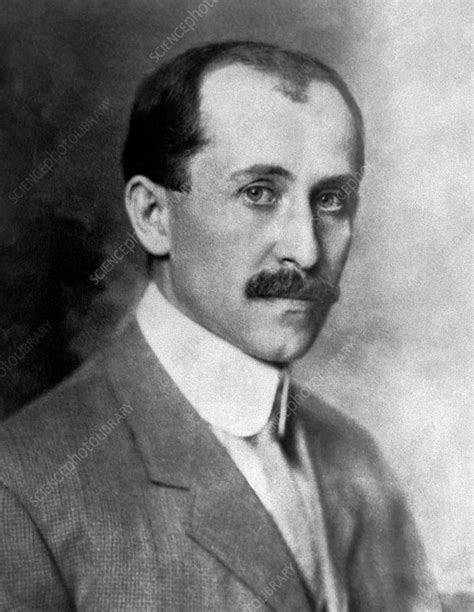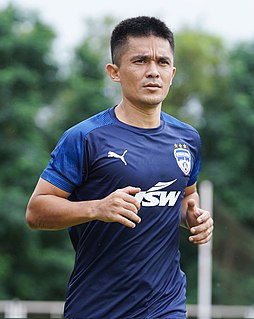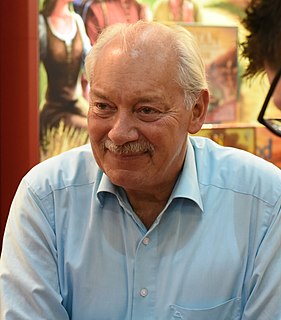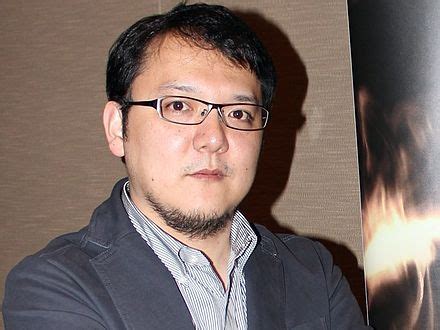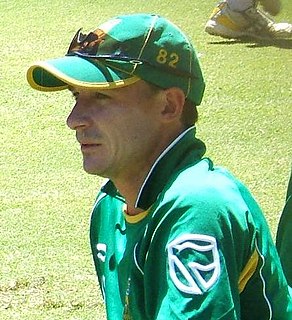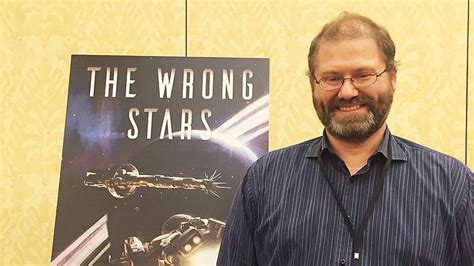A Quote by Will Wright
Players like to know that they've discovered things that even the designers didn't know were in the game.
Related Quotes
But people don't know if I can teach the game. I know I can. My experience in Oklahoma was positive. It opened my eyes to how the game is played - the interaction among players, fans and media, how all that works. You have to know about the business of the game and how the actions of players and coaches affect the business. I think I have it down now.
It's the fault of the chess players themselves. I don't know what they used to be, but now they're not the most gentlemanly group. When it was a game played by the aristocrats it had more like you know dignity to it. When they used to have the clubs, like no women were allowed and everybody went in dressed in a suit, a tie, like gentlemen, you know. Now, kids come running in their sneakers. Even in the best chess club-and they got women in there. It's a social place and people are making noise, it's a madhouse.
Even if soccer is not number one in the United States, they do things very well here. There's much our country can learn from the U.S.A., because we all know that soccer is not the main game in India. We can still do more things, like provide better facilities for the players so they can perform well.
Someone like Shane Warne played the game on and off the field really well and got into guys' heads. Even though he couldn't bounce you and hurt you physically, he was verbally aggressive and would let you know he'd get you out. He made batsmen doubt themselves. I learned from players like him and made a point of incorporating it into my own game.
I know I felt like I was ready to be an adult long before the rest of the world agreed. I'd already realized that a lot of grown-ups didn't know any more than I did, and some of them were even dumber than I was, and even the ones who were smarter weren't using their smarts for things I necessarily considered worthwhile.
Titled players appeared to be trotting out game after game in which the same old hoary opening sequences, memorized out to fifteen, twenty, or even more moves, were repeated endlessly. True novelties were becoming scarcer, and sometimes these 'opening' novelties didn't appear until well into the middlegame. (A master-level friend once proudly showed me a novelty he'd discovered at move twenty-seven of a very well-trodden chess opening, and it's said that even as far back as the 1950's Mikhail Botvinnik had some openings memorised past the thirtieth move).
